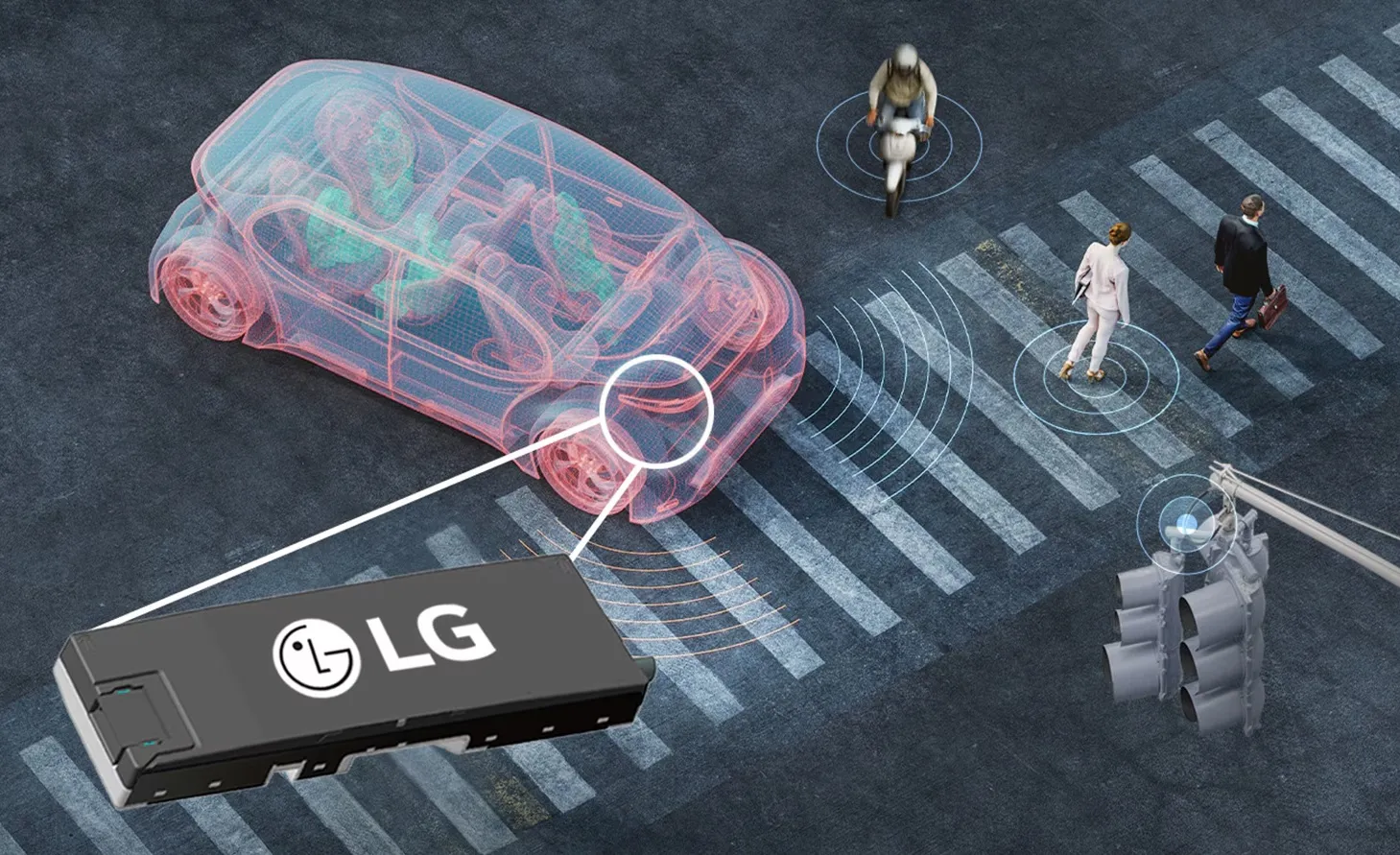Transport companies are under concerted attack from hackers, according to security specialist
New research from the group says that 77% of organisations in transport and automotive have experienced an Internet of Things (IoT)-focused cyberattack in the past year – but only 6% “have what they need to combat cyberattacks”.
The survey of 225 companies in China, Germany, Japan, UK and US found that the incursions had an impact on 91% of those which experienced attacks – including enforced downtime, compromised customer data and reputational damage.
Irdeto identifies the average financial impact of an IoT-focused cyberattack as “greater than $350,000”.
Perhaps unsurprisingly, the vast majority (84%) of respondents say they are “either very or fairly concerned about the IoT devices that their organisations use or manufacture being targeted by a cyberattack, hacking incident or security breach”.
As well as the 94% of transport firms which “do not have everything they need to address cybersecurity challenges”, exactly half of respondents say they need additional skills to address all aspects of cybersecurity.
The findings are a worry for manufacturers and users of vehicles in an increasingly connected world.
“The underlying understanding for all is that technology cannot be implemented safely without robust security in place,” said Dr. Clifford Liem, technology director, Connected Transport, Irdeto.
“However, organisations must adopt a defence-in-depth approach to cybersecurity with many layers of security being implemented throughout, rather than simply protecting systems from the outside-in. This applies to both the organisation itself and to connected vehicles they develop.”
‘Just 6%’ of transport companies can tackle cyberattacks, says Irdeto
Transport companies are under concerted attack from hackers, according to security specialist Irdeto – and most don’t know how to respond.
New research from the group says that 77% of organisations in transport and automotive have experienced an Internet of Things (IoT)-focused cyberattack in the past year – but only 6% “have what they need to combat cyberattacks”.
The survey of 225 companies in China, Germany, Japan, UK and US found that the incursions had an impact on 91% of those which experience
June 21, 2019
Read time: 2 mins










